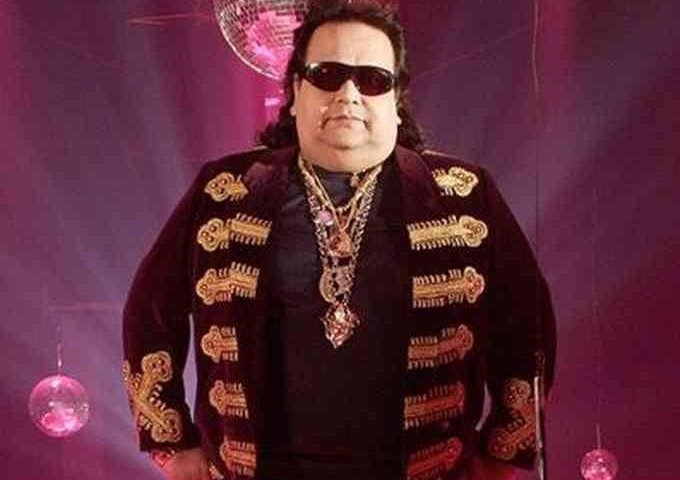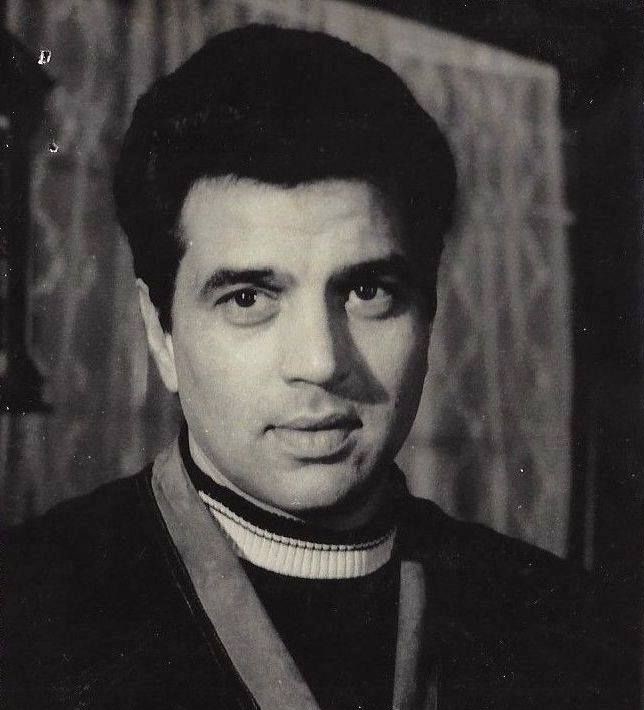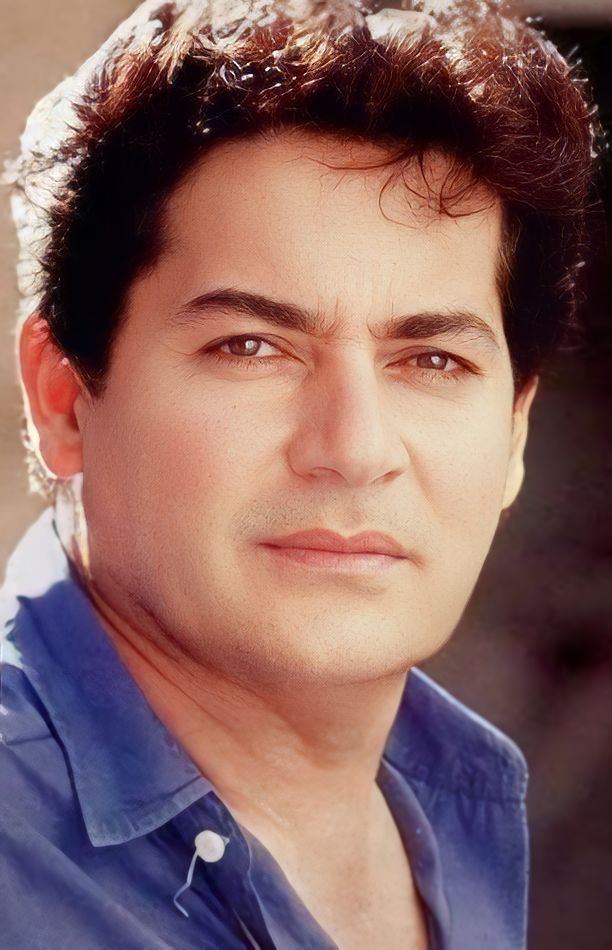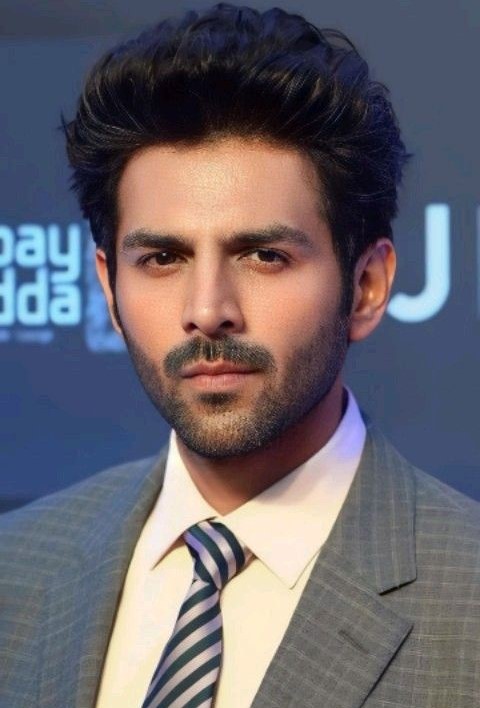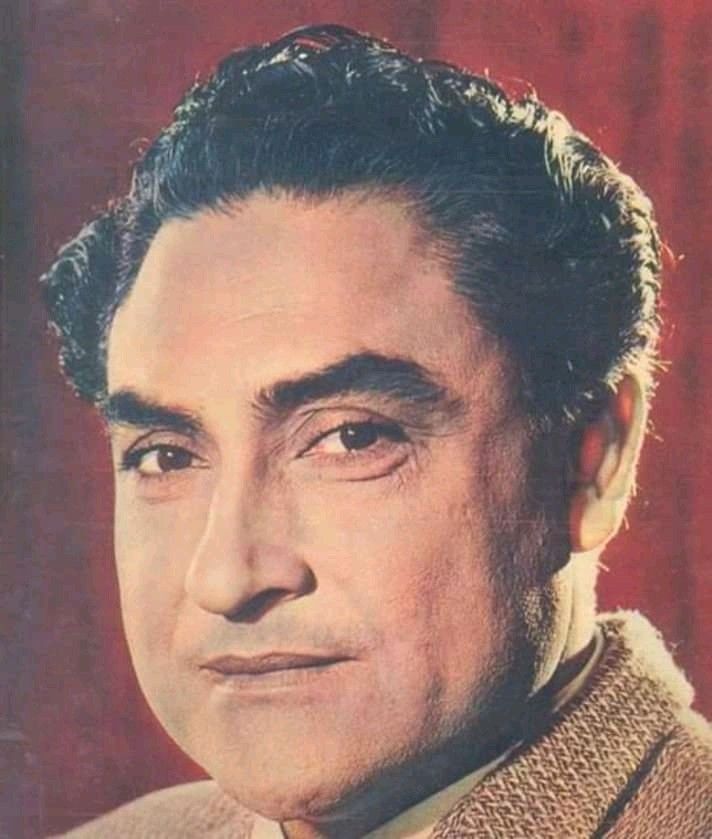
Among the countless stars in India's vast cinematic universe, not many shone brighter and longer than Ashok Kumar. Dubbed affectionately as Dadamoni (a synonym meaning "dear elder brother"), he was not just an actor but a trendsetter, a pioneer, and a link between Hindi cinema's golden age and the contemporary era. Born on the 13th of October in 1911, Ashok Kumar's transformation from an unwilling actor to one of the most esteemed names in the annals of Indian cinema is a tale that's worth recounting.
Early Life and Accidental Foray into Films
Ashok Kumar was born Kumudlal Ganguly in Bhagalpur, Bihar, to a family that was Bengali. He studied for a law degree and was supposed to take the traditional career route. But fate had other ideas. When working as a lab assistant at Bombay Talkies, fortune intervened when actor Najmul Hasan staged a walkout during the making of Jeevan Naiya (1936). The studio was left with no alternative but to feature hush hush laboratory technician Kumudlal Ganguly in the starring role — and Ashok Kumar the actor was born.
Breaking Stereotypes and Defining a New Acting Style
In an era when melodrama and stagy mannerisms ruled Hindi cinema, Ashok Kumar's naturalistic approach to acting was a refreshing change. He infused subtlety, realism, and depth of feeling into his roles, opening the way for subsequent generations of actors. His seminal performance in Achhut Kanya (1936), which addressed the delicate subject of untouchability, was not only socially conscious but also established him as a serious actor.
Across the 1940s and 1950s, he gave one iconic performance after another in films such as Kismet (1943), Mahal (1949), Parineeta (1953), and Bandini (1963). Kismet in particular was a landmark film — it shattered box office records and had Kumar playing an anti-hero, something of an anomaly then.
The First Superstar of Indian Cinema
Well before Bollywood entered the vocabulary of the word "superstar," Ashok Kumar had already attained that status. His on-screen presence, versatility, and his capacity to carry movies on his shoulders made him the first-ever actor to have a cult following. He wasn't conventionally good-looking, but his charm, confidence, and acting skills captured the hearts of audiences through generations.
He made a smooth transition from romantic heroes to character roles without losing his contemporary relevance — something that few actors have been able to achieve. During the 1960s and 1970s, he portrayed iconic supporting roles, usually as father figures or authority figures, with grace and dignity. Jewel Thief (1967), Aashirwad (1968), Chhoti Si Baat (1976), and Khoobsurat (1980) are just a few examples of his versatility and skill.
Awards, Honors, and Legacy
Ashok Kumar's contribution to Indian cinema was honored with several awards and recognitions. He was awarded the Dadasaheb Phalke Award in 1988, India's highest cinematic award. He was also awarded the Padma Bhushan in 1999. But perhaps the most rewarding of all was the love and respect he won over from the masses and fellow professionals alike.
Apart from the accolades, his impact on Indian acting is incalculable. He laid the groundwork for realistic acting in Hindi cinema. Several of today's greats — from Amitabh Bachchan to Naseeruddin Shah — have mentioned him as an influence or inspiration.
Personal Life and Off-Screen Persona
Off-screen, Ashok Kumar was humble, intelligent, and passionately devoted to painting, homeopathy, and astrology. He was the oldest of the Ganguly brothers, including legendary playback singer Kishore Kumar and film producer Anoop Kumar. Albeit having contrasting temperaments, the brothers were extremely close, and their contribution to Indian cinema as a family cannot be equaled.
Kumar also mentored new actors and remained humble despite his success. He kept a noble presence both on-screen and off, sparingly generating controversy and always keeping the art of cinema above personal celebrity.
End of an Era
Ashok Kumar died on December 10, 2001, at the ripe old age of 90, but his cinematic legacy continues to stand unmatched. His acting career lasted for over six decades and over 275 films — a record of his talent, perseverance, and devotion to filmmaking as an art form.
Even now, well over two decades since his death, Ashok Kumar's movies are still celebrated, analyzed, and enjoyed. His performances sound eternal, his looks timeless, and his legacy — immortal.
Conclusion
Ashok Kumar was not merely an actor in films — he was the cornerstone on which stands today's Indian cinema. A trendsetter who broke rules, rewrote the book on stardom, and demonstrated that excellence and honesty can conquer even the staunchest industry conventions. On his birthday, as we commemorate Dadamoni, we aren't simply celebrating an actor — we're paying tribute to an age, a creed, and an abiding heritage that defined the heart of Indian cinema.
Image Credit: Pinterest
Bappi Lahiri, or affectionately called Bappi da, is one of the most effective and innovative composers in the history of Indian music. Over the course of five decades in his career, he revolutionized Bollywood with a modern, peppy sound that was never heard before. His songs captured the pulse of a changing India that was getting more vibrant, youthful, and ready to welcome global influences. Even today, years after his passing, his melodies continue to echo across generations, proving the timelessness of his genius.
Few stars shine as luminously and as enduringly in the vast and vibrant tapestry of Indian cinema as Dharmendra, affectionately hailed as Bollywood's He-Man. Spanning decades, he remains not just an actor but an emotion, an era, and institution unto himself. From a small-town dreamer to one of the most celebrated and loved icons in film history, his journey is that of being dedicated, humble, and without doubt talented. While generations come and go, the charm of Dharmendra has remained timeless, refusing to pale even for a moment.
On making a mention of the icons who shaped Indian cinema, the name Salim Khan invariably comes to the top. While a lot of people today know him as the father of superstar Salman Khan, Salim Khan's journey itself in Bollywood is nothing less than extraordinary. He is among those rare personalities who transformed the very language of Hindi cinema and set new standards in storytelling.
On 22 November every year, millions of fans worldwide come together to celebrate the birthday of one of Bollywood's most loved and bankable stars-Kartik Aaryan. With a career marked by sincerity, hard work, and a sparkling screen presence, Kartik has grown into a symbol of youthful ambition, middle-class determination, and cinematic charm. His journey-from a hopeful boy with dreams to a superstar who commands the screen-is not just inspiring but beautifully relatable.
Lights Camera Audition!
Don't miss out on the latest updates, audition calls, and exclusive tips to elevate your talent. Subscribe to our newsletter and stay inspired on your journey to success!




